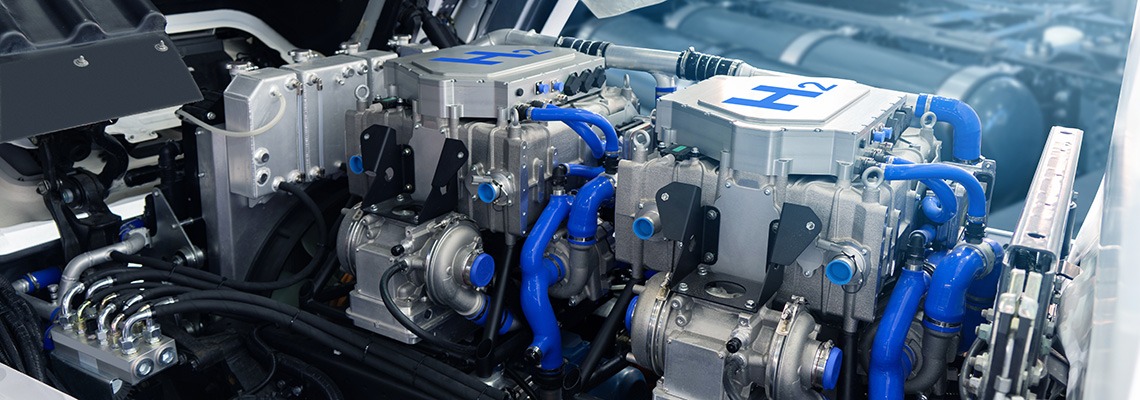Kanadevia To Build Plant for Hydrogen Equipment

Kanadevia (formerly Hitachi Zosen) said it plans to build the first mass-production plant for water electrolysis equipment, which produces hydrogen by electrolyzing water, in Yamanashi Prefecture.
A company announcement said, “We want to develop this as an important production base that contributes to the realization of a hydrogen society. The company will invest approximately 8 billion yen ($52,000,000 USD) to build a mass production plant for water electrolysis equipment with an annual production capacity of 1 gigawatt (157,000 tons of hydrogen produced).
Construction is scheduled to begin about June 2026, with completion and operation by the end of fiscal 2028. The company plans to position this as a domestic mother plant, and in the future, it envisions gradually expanding its hydrogen production equipment manufacturing bases both in Japan and overseas.



